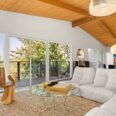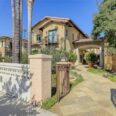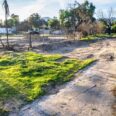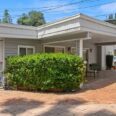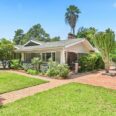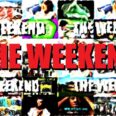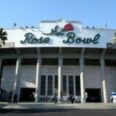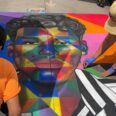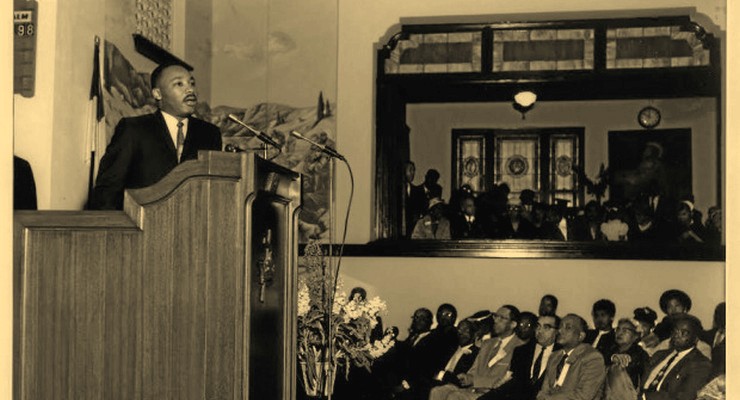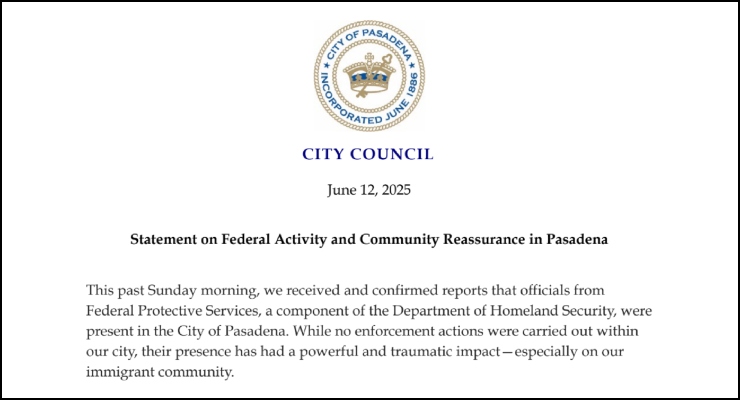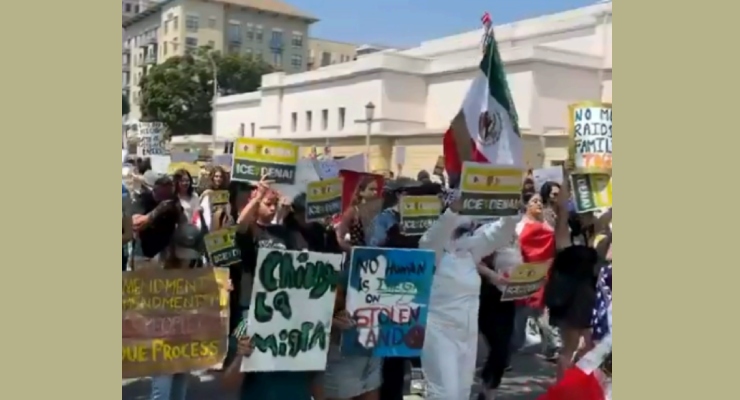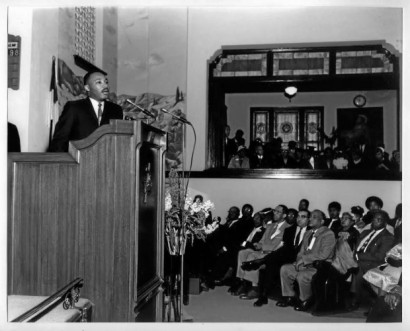
Dr. Martin Luther King Jr. visited Pasadena several times, beginning with a 1958 speaking engagement at Caltech.
He was 29 when he was invited to Caltech by the Leaders of America program. King arrived in Pasadena on February 25, 1958, and gave two speeches at Caltech that day—“A Great Time to Be Alive” and “Facing the Challenges of a New Age.” He gave a third address the next day, entitled “Progress in Race Relations.”
In 1960, he came back to the area upon the invitation of Pastor Marvin Robinson of Pasadena’s Friendship Baptist Church, who had earlier started corresponding with Dr. King. Robinson, a dedicated civil rights activist, had invited King to speak at the church on several occasions, and King found time in 1960 when he was on a fundraising trip to Southern California.
His sermon at the church, entitled titled “The Three Dimensions of a Meaningful Life,” addressed topics ranging from his trip to India and the Montgomery bus boycotts to the foundations of a meaningful life.
“I am certainly delighted to have the privilege and pleasure of being with you today and of being a part of this worship experience,” King said. “As your pastor said, I have been invited to Friendship on a number of occasions, and each time some previous long-standing commitment stood in the way. But I am very happy that at long last I found it possible to come to this community and to the church of my good friend Marvin Robinson and my friends of Pasadena.”
Before he came back to speak at the Pasadena Friendship Baptist Church in 1965, King had won a Nobel Prize, delivered his famous “I Have a Dream” speech and been named Time magazine’s “Man of the Year.” A big crowd met him when he came to Friendship Baptist Church on July 12, and police had to build a barricade around the church for the supportive crowds that came to see him.
Robinson introduced him at the church as the “Moses of the 20th Century.”
In his sermon, King took aim at the failings of American churches, both white and black. He mentioned that Southern Baptists donated to charities in Africa but would not allow blacks to worship in their congregations; he also criticized black churches for mixing “dignity and class-ism” with “emotionalism.”
“Many people have more religion in their hands and feet than in their hearts and souls,” he said.
King also seized the rare opportunity to meet the Reverend Ashton Jones of San Gabriel, a fellow crusader in the civil rights movement; Jones was associate pastor at the People’s Independent Church of Christ in Los Angeles.
Jones was also a native of Georgia, but unlike King, he was white. While a young man, Jones began advocating for racial equality in his native South, and was one of the dedicated activists in the civil rights movement. Much like King, Jones also received threats on the telephone and was the victim of terror and intimidation as a result of his stance on racial equality.
On that day in Pasadena in 1965, Jones waited behind the police barricade on De Lacey Street, and upon seeing him, King rushed to greet him and reportedly exclaiming “Ashton Jones! God bless you, Ashton.”
That day marked King’s last significant visit to Pasadena, though he may have returned briefly when he came to Los Angeles to quell tensions from the Watts Riots. His wife, Coretta Scott King, was invited back to Friendship Baptist Church on April 24, 1966.
“In a real sense, the Negro cannot be free in Pasadena or Los Angeles until the Negro is free in Jackson, Mississippi and Montgomery, Alabama,” King had said in his 1960 sermon at Pasadena’s Friendship Baptist Church. “We are all involved in a single struggle.”


